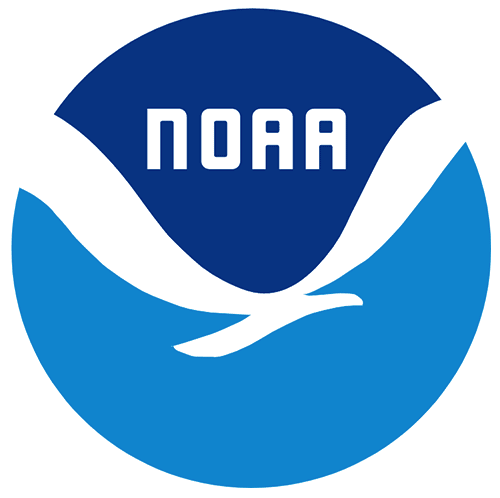2011 OR DOGAMI Lidar: CVO Newberry
Welcome Guest ( Sign In )
NOAA
 The Oregon Department of Geology & Mineral Industries (DOGAMI) contracted with Watershed Sciences, Inc. to collect high
resolution topographic LiDAR data for multiple areas within the State of Oregon. The areas for LiDAR collection have been designed
as part of a collaborative effort of state, federal, and local agencies in order to meet a wide range of project goals.
This LiDAR data set was collected July 31 - August 5, 2011 and encompasses portions of Deschutes, Klamath, and Lake counties in Oregon.
This data set consists of bare earth and unclassified points. The average pulse density is 9.47 pulses per square meter over
terrestrial surfaces. The area of interest (AOI) totals 231 square miles (147,745 acres) and the total area flown (TAF) covers
239 square miles (153,219 acres). The TAF acreage is greater than the original AOI acreage due to buffering and flight planning
optimization. This metadata record reflects all the data and cumulative statistics for the overall lidar survey.
In some areas of heavy vegetation or forest cover, there may be relatively few ground points in the LiDAR data. Elevation values
for open water surfaces are not valid elevation values because few LiDAR points are returned from water surfaces. LiDAR intensity
values were also collected.
Cascade Volcano Observatory (CVO)
Original contact information:
Contact Name: Ian Madin
Contact Org: DOGAMI
Phone: 971-673-1542
Email: ian.madin@dogami.state.or.us
This data set is an LAZ (compressed LAS) format file containing LIDAR point cloud data.
The Oregon Department of Geology & Mineral Industries (DOGAMI) contracted with Watershed Sciences, Inc. to collect high
resolution topographic LiDAR data for multiple areas within the State of Oregon. The areas for LiDAR collection have been designed
as part of a collaborative effort of state, federal, and local agencies in order to meet a wide range of project goals.
This LiDAR data set was collected July 31 - August 5, 2011 and encompasses portions of Deschutes, Klamath, and Lake counties in Oregon.
This data set consists of bare earth and unclassified points. The average pulse density is 9.47 pulses per square meter over
terrestrial surfaces. The area of interest (AOI) totals 231 square miles (147,745 acres) and the total area flown (TAF) covers
239 square miles (153,219 acres). The TAF acreage is greater than the original AOI acreage due to buffering and flight planning
optimization. This metadata record reflects all the data and cumulative statistics for the overall lidar survey.
In some areas of heavy vegetation or forest cover, there may be relatively few ground points in the LiDAR data. Elevation values
for open water surfaces are not valid elevation values because few LiDAR points are returned from water surfaces. LiDAR intensity
values were also collected.
Cascade Volcano Observatory (CVO)
Original contact information:
Contact Name: Ian Madin
Contact Org: DOGAMI
Phone: 971-673-1542
Email: ian.madin@dogami.state.or.us
This data set is an LAZ (compressed LAS) format file containing LIDAR point cloud data.
